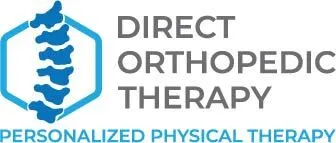FAI treatment can be achieved through physical therapy. This includes increasing your range of motion and strength and decreasing the pain. A physical therapist can help you recover from femoroacetabular impingement and return to your normal life.
Hip pain can be caused by many things. If your hips hurt, you should seek treatment. An expert physical therapist may be able to help you determine the root cause of your pain and provide the right treatment.
What is the FAI?
Femoroacetabular impingement is a condition of the hips in which the hip joint becomes pinched when you move in a certain direction.
The hip joint is both a socket and ball joint. Sometimes, the socket may pinch the ball portion of your hip.
This pinching can cause severe pain and limit your movement. These are some symptoms of femoroacetabular impingement.
- Sharp pain in the groin
- Pain in your front hip
- The sensation of pain radiating from the hip to the buttocks and lower back.
- The hips can be moved with a compromise
- Sensing weakness or numbness in your hips
- Difficulty running, jumping, walking and cutting
Your healthcare provider may order an MRI and x-ray to determine if your symptoms are due to femoroacetabular impingement. These can help you determine the cause of the pain and evaluate your hip joint.
Treatment for hip FAI with physical therapy
Your physical therapist will design a program that is appropriate for your condition. Exercises for femoroacetabular impingement may include
- Exercises for hip stretching
- Hamstring stretching exercises
- quadriceps stretches
- Exercises to strengthen the hips and core
- Exercises for balance and proprioception
Your physical therapist may allow you to do exercises in your clinic or recommend them as part of your home exercise plan.
Your physical therapist can use physical modalities to improve muscular function in addition to exercises.
- Ultrasound
- Electric stimulation
- Heat and Ice
- Kinesiology taping
Remember that not all of these physical modalities have been supported by scientific studies. They may not play a significant role in your recovery of function. Your treatment plan should include more active exercises than passive modalities.


